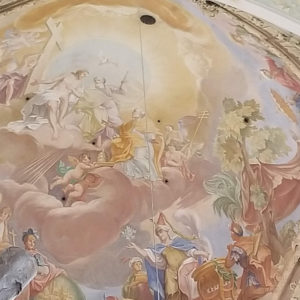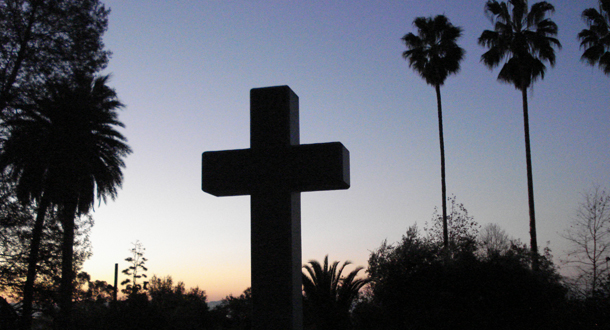 Scripture:
Scripture:
Isaiah 25:6-10a
Matthew 15:29-37
Reflection:
The university across the street from us has a course entitled, “Ultimate Questions” on a couple of conversations I have had with the students we mentioned the difficulties of life. For many of us trying to juggle everything and hold it all together is exhausting. Why does life have to be so hard? That is one of those ultimate questions. Biblically, one explanation goes clear back to the Adam and Eve story of the fall. I’m left thinking about that as I ponder the gospel of today. Some of those brought to Jesus have been beaten up by life. Others have never fit in. While still others are broken, deformed and hurt. Why does life have to be so hard? And Jesus cures them. Yet that wasn’t enough. Even after restoring so much brokenness to wholeness, Jesus still has more compassion for the people. In witnessing the hunger of those right in front of him he reaches out, holding the scarcity of a few fish and seven loaves in his hands he fills what is lacking with the abundance of compassion and thus it’s not such a hard day after all.
Then did you hear what Isaiah spoke to us in the first reading? He helps us recognize the presence of God through the description of delightful banquet feasts. The Lord GOD is the one who wipes away the tears from all our faces. When we see this happening, God’s compassion is present. Our worries are wiped away, and we rejoice in God’s blessedness. On that day, it doesn’t seem like life is so difficult.
On the Saturday before Thanksgiving our parish’s food bank was opened for its monthly visitors. One of our visitors had her basket filled with canned goods, vegetables, milk, sweet potatoes, meat, and a turkey. She was in tears as she came to the end of the line. A huge burden had been lifted. “I lost my job two days ago. Now look,” she exclaimed pointing to her basket. “My babies and I are actually going to have Thanksgiving!”
On that day it will be said: “Behold our God, to whom we looked to save us!
Let us rejoice and be glad that he has saved us!”
Fr. David Colhour, C.P. is the pastor of St. Agnes Parish in Louisville, Kentucky.

 Scripture:
Scripture: First Sunday of Advent
First Sunday of Advent Scripture:
Scripture: Scripture:
Scripture:
 Scripture:
Scripture: Scripture:
Scripture: